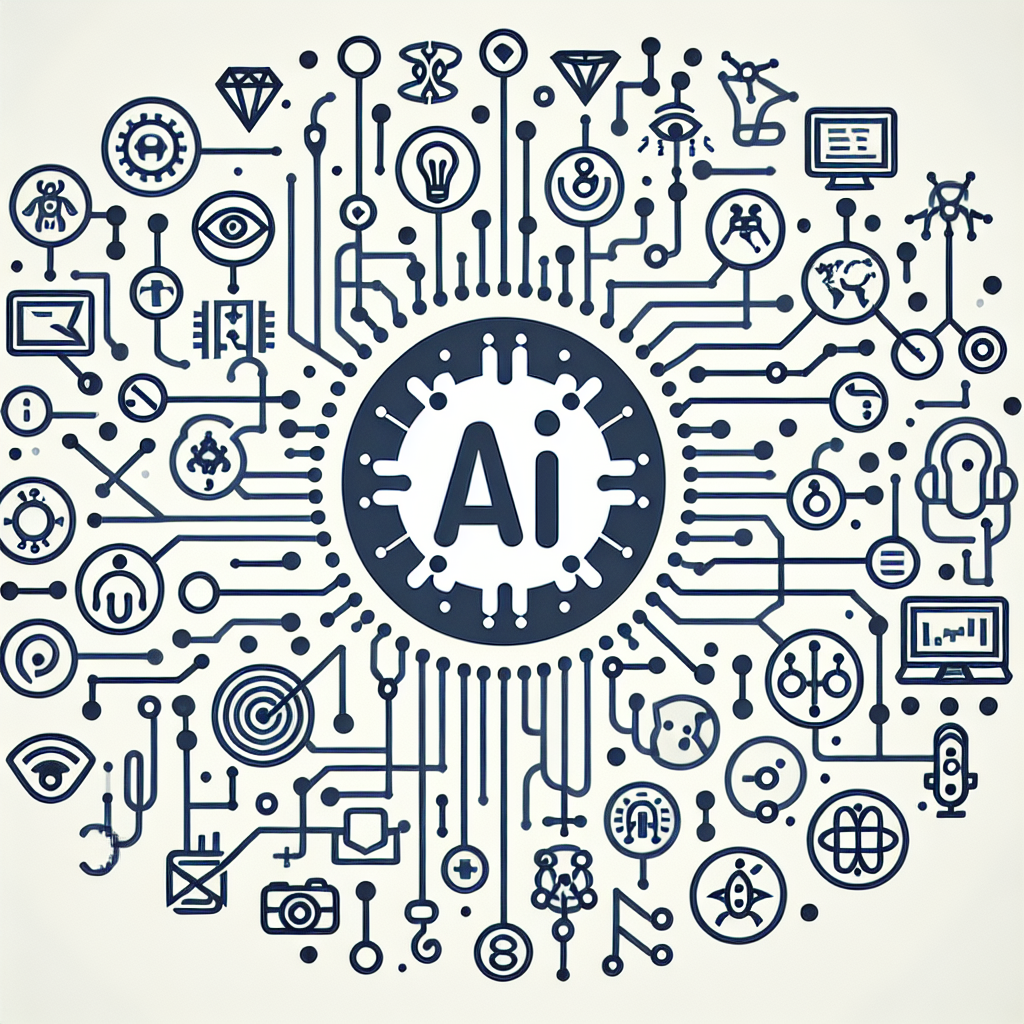Generative AI, also known as artificial intelligence that can create content on its own, is revolutionizing various industries from design to music. This technology has the ability to generate new and innovative ideas, designs, and music without human intervention, leading to a significant impact on the way businesses operate and create content.
In the design industry, generative AI is being used to automate tasks that were previously time-consuming and labor-intensive. Designers can now use AI algorithms to generate new designs, create layouts, and even come up with color schemes. This not only saves time but also allows designers to explore new creative possibilities that were previously unattainable. Companies like Adobe are already incorporating generative AI into their design software to help users create stunning visuals with just a few clicks.
In the music industry, generative AI is changing the way music is created and produced. AI algorithms can analyze existing music tracks and generate new compositions that mimic the style of famous artists. This has led to the rise of AI-generated music that sounds just like it was produced by a human composer. Musicians and producers are using generative AI to experiment with new sounds, create unique compositions, and even collaborate with AI systems to produce music that pushes the boundaries of creativity.
The impact of generative AI on industries goes beyond just design and music. In healthcare, AI algorithms are being used to analyze medical data and predict patient outcomes. In finance, generative AI is being used to automate trading strategies and detect fraudulent activities. In marketing, AI algorithms are being used to personalize content and target audiences more effectively.
While generative AI offers many benefits and opportunities for industries, there are also challenges and concerns that come with its widespread adoption. There are ethical concerns surrounding the use of AI in creating content, as well as concerns about the potential job displacement of human workers. Companies using generative AI must also ensure that their algorithms are ethical, unbiased, and transparent to avoid any negative consequences.
Overall, the impact of generative AI on industries is undeniable. This technology has the potential to revolutionize the way businesses operate, create content, and interact with customers. As generative AI continues to evolve and improve, it will be interesting to see how industries adapt and harness its power to drive innovation and growth.

Leave a Reply
You must be logged in to post a comment.